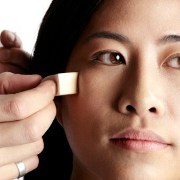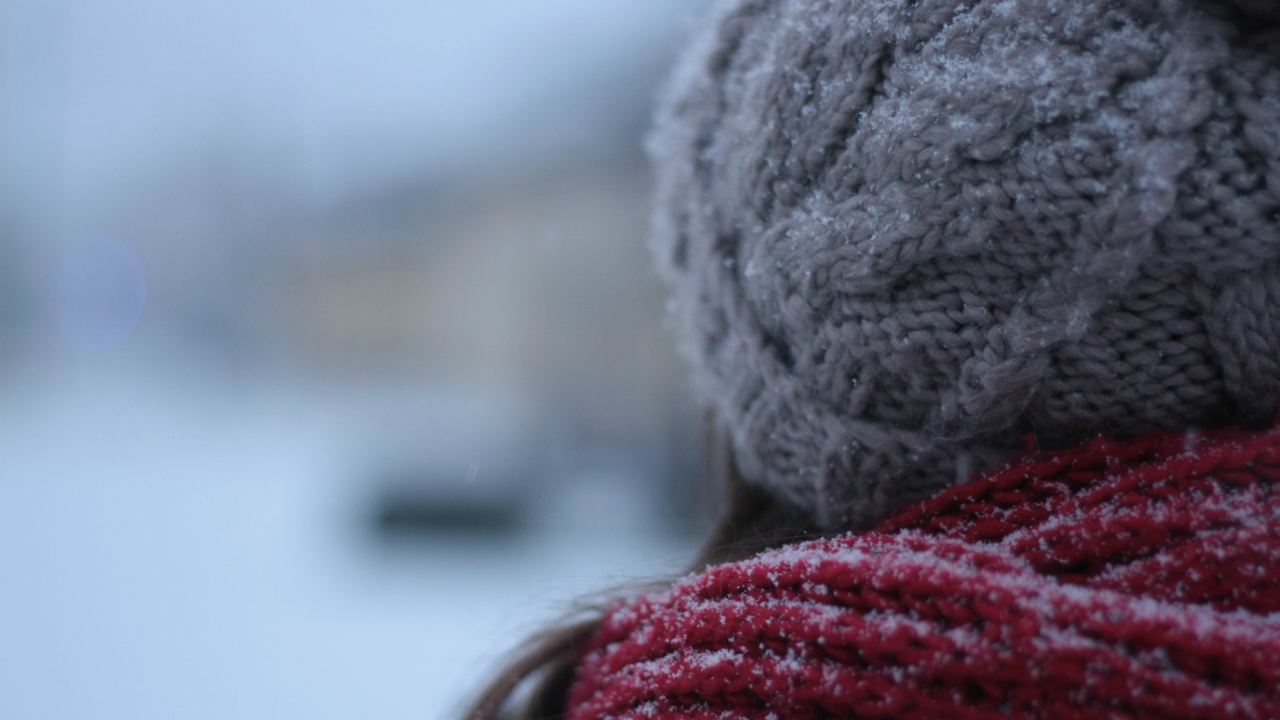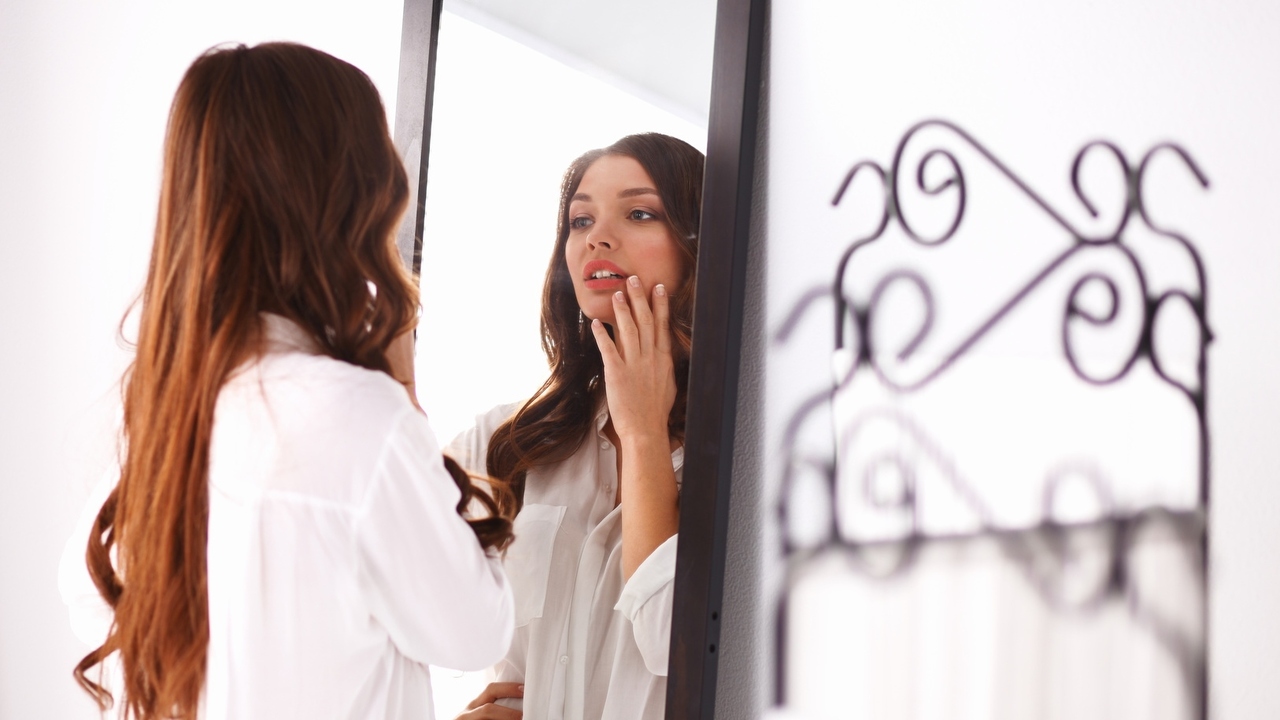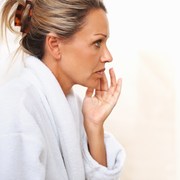Rosacea is a chronic skin condition that causes facial redness, visible dilated blood vessels, bumps or pimples and irritated eyes. Some cases cause thickened skin especially around the nose. Early treatment of rosacea may help keep it from progressing. A doctor will determine what subtype of rosacea a person has and help decide which treatments may work best. Make sure the doctor explains all the benefits, side effects and risks of any treatments suggested below before starting.
• Subtype 1: Erythematotelangiectatic type rosacea: has redness, flushing and dilated blood vessels.
Non-irritating sunscreens and oral antibiotics are typically tried first. The next step may be the use of topical medications to reduce inflammation such as azelaic acid, retinoids or metronidazole may be used.
Electrocautery can be used to destroy small dilated blood vessels but usually more than one treatment is needed. Lasers or other light therapies are an option but may require several treatments. It is important to note that laser treatments can be expensive and insurance may not cover them.
• Subtype 2: Papulopustular rosacea: has pimples or bumps and pus-filled lesions.
Combination therapy of two or more treatments are usually tried using topical antibiotics, azelaic acid, benzoyl peroxide, retinoid or sulfur lotion. After desirable results are achieved, then a single treatment may be used to maintain the skin.
Oral antibiotics of low dose doxycycline may reduce inflammation or other antibiotics such as tetracycline or azithromycin may speed the clearing of pus-filled lesions. Glycolic acid peels, washes or creams may be used in conjunction with oral antibiotics. Avoidance of the sun is very important if receiving these treatments so sunscreens should be used.
• Subtype 3: Phymatous rosacea: results in thickened skin especially around the nose.
A doctor can use one or more techniques to thin and resculpt the thickened skin.
Newer erbium lasers and fractional laser treatments are used because they are better at smoothing the skin without removing excessive amounts of skin. Other light treatments such as intense pulsed light (IPL) may also be tried. More than one session may be needed for these therapies.
Dermabrasion can be used to remove the top surface of the skin so as the new skin heals, it appears smoother. Electrocautery is an option performed by the doctor to remove top layers of skin, which then slough off.
• Subtype 4: Ocular rosacea: results in eye involvement.
An ophthalmologist should be consulted to avoid risking further damage to the eyes. Mild and moderate outbreaks do clear up but can recur.
Contact lenses should not be worn when having flareups of ocular rosasea. Moistening eye drops and cleansing of eyelids with warm compresses may help relieve symptoms. Topical antibiotics for the eyelids may be prescribed or oral antibiotics.
In addition to the above treatments, it is important to try and avoid triggers that aggravate rosacea. Rosacea.org reported the results from a survey of over 1,000 roseacea patients who rated the factors they felt aggravated their condition. They scored sun exposure as the top cause at 81 percent, emotional stress at 79 percent, hot weather at 75 percent, wind at 57 percent, heavy exercise at 56 percent, alcohol at 52 percent and hot baths at 51 percent. Learning what your own individual triggers are may help prevent further irritation to your skin.
Sources:
"What is Rosacea?" SkinCarePhysicians.com Web. 14 Aug. 2011.
http://www.skincarephysicians.com/rosaceanet/treatment.html
Rosacea Triggers Survey. National Rosacea Society. Web. 14 Aug. 2011.
http://www.rosacea.org/patients/materials/triggersgraph.php
Edited by Jody Smith
Michele is an R.N. freelance writer with a special interest in woman’s healthcare and quality of care issues. Other articles by Michele are at www.helium.com/users/487540/show_articles





Add a CommentComments
There are no comments yet. Be the first one and get the conversation started!